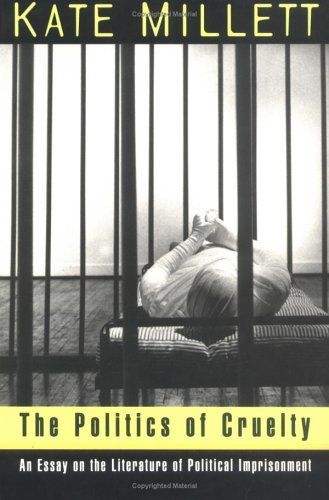
The Politics of Cruelty An Essay on the Literature of Political Imprisonment
From one of the most influential figures of the last twenty years--the author of Sexual Politics--comes this brilliant work in which Kate Millet sets out a new theory of politics for our time, a harrowing view of the modern state based on the practice of torture as a method of rule, as conscious policy. It is, in the words of the noted Iraqi dissident Kanan Makiya, "a passionate, heroic effort to fathom the nature of a phenomenon that all too often drains us emotionally and incapacitates us intellectually." Millett analyzes the individual's monumental fear of the state through the rich literature of its expression--a mixture of literary text (Solzhenitsyn's The Gulag Archipelago, Mathabane's Kaffir Boy, Bharadwaj's film Closet Land), the reports of witnesses, legal theory, and historical account. The literary version of their experience is the most arresting; it prevails and persuades with the greatest effect: the reality of the victim, the social and psychological climate of life under dictatorship, the moment of capture when one is "disappeared," that pivotal electronic second after which nothing is ever the same.